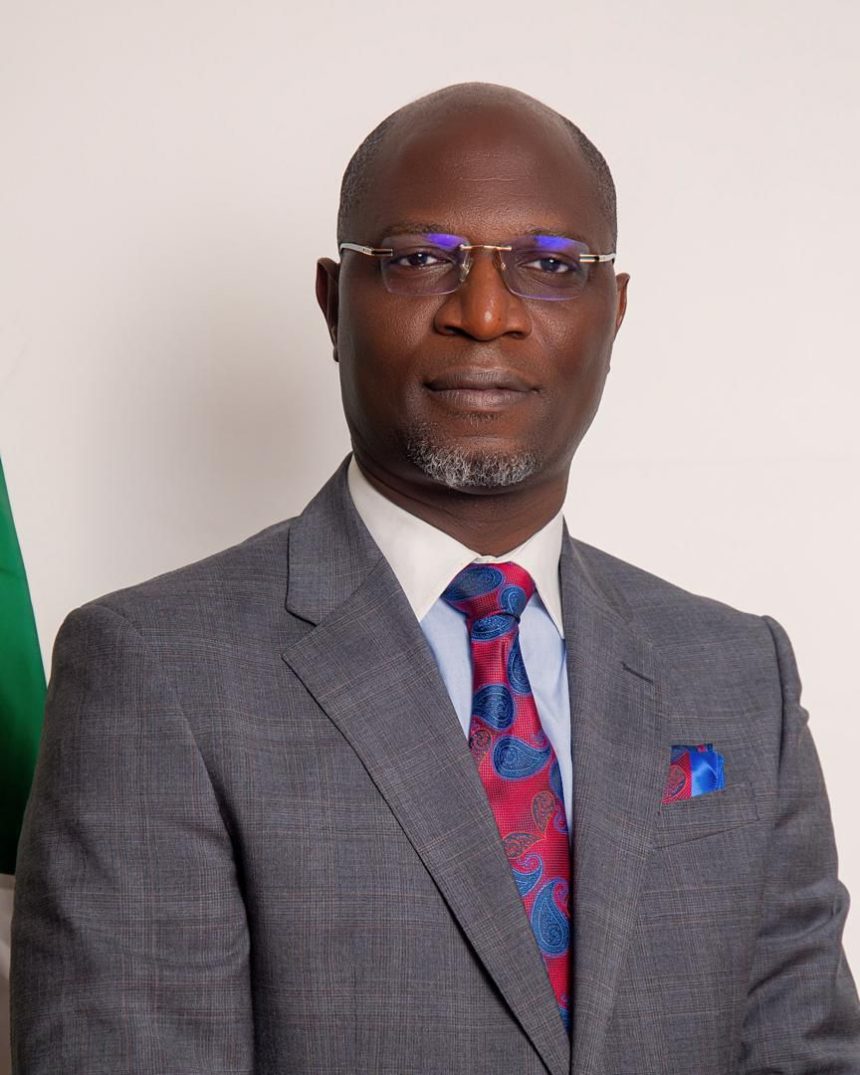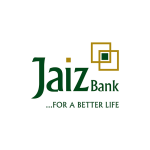SEC Champions Vibrant Capital Market for Nigeria’s $1trn Economy Target
By Patience Ikpeme
The Securities and Exchange Commission (SEC) has stressed the critical role of a robust capital market in achieving the Federal Government’s ambitious target of a $1 trillion economy.
SEC Director-General, Dr. Emomotimi Agama, made this assertion at the 2024 SEC Journalists Academy held in Lagos on Tuesday.
Speaking on the theme, “The Role of the Capital Market in Driving Nigeria’s $1 Trillion Economy,” Dr. Agama stressed that realizing this economic goal requires a collaborative effort from all stakeholders. This includes policymakers creating a supportive environment, businesses capitalizing on market opportunities, and, crucially, journalists effectively communicating the market’s value to the wider public.
“Achieving a $1 trillion economy is not merely an aspirational goal; it is a necessity for the prosperity and resilience of Nigeria,” Dr. Agama stated. He affirmed that “the capital market, as the financial backbone of our economy, is poised to drive this transformation.”
However, Dr. Agama acknowledged existing challenges hindering the capital market from reaching its full potential. These include limited investor participation, regulatory bottlenecks, and macroeconomic uncertainties, all of which must be addressed to fully leverage the market’s contribution to a $1 trillion economy.
Despite these obstacles, Dr. Agama highlighted the capital market’s significant contributions to Nigeria’s economic development. He cited the Federal Government’s successful issuance of six Sukuk, which have financed road projects across all six geopolitical zones, as a prime example.
Dr. Agama explained that financing critical national infrastructure projects is a key pathway to economic transformation. “Nigeria has already demonstrated how the capital market can fund these needs through innovative instruments like sovereign bonds and a number of Sukuk,” he said. This innovative funding approach, he noted, reduces reliance on external borrowing while simultaneously driving job creation, improving logistics, and fostering regional integration.
He further emphasized the role of green bonds in supporting Nigeria’s transition to a low-carbon economy, addressing both infrastructure development and environmental sustainability. The listing of major companies like Dangote Cement and BUA Group was also cited as evidence of the capital market’s support for industrial growth and job creation.
Dr. Agama revealed that the total market capitalization of the Nigerian Exchange Limited had reached N60 trillion by December 13, 2024, demonstrating the growing influence of the private sector on national economic outcomes. He highlighted the market’s potential to democratize wealth creation through instruments like collective investment schemes, retail bonds, and exchange-traded funds, providing access to financial products for Nigerians across all income levels.
Beyond government financing, Dr. Agama emphasized the capital market’s crucial role in enabling private sector growth. He noted that numerous Nigerian companies have utilized the market to raise capital, expand their operations, and compete on a global scale. He specifically cited MTN Nigeria’s 2021 public offering, which attracted significant local investor participation and broadened the company’s shareholder base, as a testament to the market’s strength.
Dr. Agama reiterated that the capital market is the engine that drives economic progress by efficiently channeling resources from savers to those who need capital for productive use. He emphasized that globally, countries that have achieved significant economic milestones have relied heavily on their capital markets.
He concluded by emphasizing the concerted efforts being made by stakeholders, including the SEC, market operators, and policymakers, to build an inclusive, efficient, and globally competitive capital market. He highlighted the success of the retail bond market, particularly the Federal Government’s Savings Bond initiative, in expanding retail investor participation. He also noted the positive impact of fintech platforms in simplifying access to investment opportunities, driving financial literacy and inclusion, and enabling more retail investors to actively participate in the Nigerian capital market.
“The role of the capital market also extends to state governments, offering a sustainable avenue for financing projects. Sub-nationals like Lagos, and Ogun states among others have leveraged bond issuances to fund infrastructure, education, and healthcare projects.
“These bonds not only enable states to execute developmental projects but also foster accountability and transparency, as market discipline demands robust reporting and monitoring mechanisms. Expanding this model across more states could unlock development at unprecedented scales, especially when paired with public-private partnerships.
“However, through concerted efforts by stakeholders—including the Securities and Exchange Commission, market operators, and policymakers—we are laying the foundation for an inclusive, efficient, and globally competitive capital market.
He said initiatives like improving market liquidity, simplifying listing requirements, and fostering innovation through fintech solutions are vital to building confidence and attracting both local and foreign investors.
Agama urged journalists, as custodians of public knowledge to amplify the capital market’s impact by shaping narratives that would inspire trust and participation.
“Moreover, as journalists, your ability to present accurate, insightful, and engaging narratives about these developments is crucial in educating the public and removing any misconceptions.
“Together, we can move toward a more inclusive, dynamic, and prosperous Nigeria,” he said.




